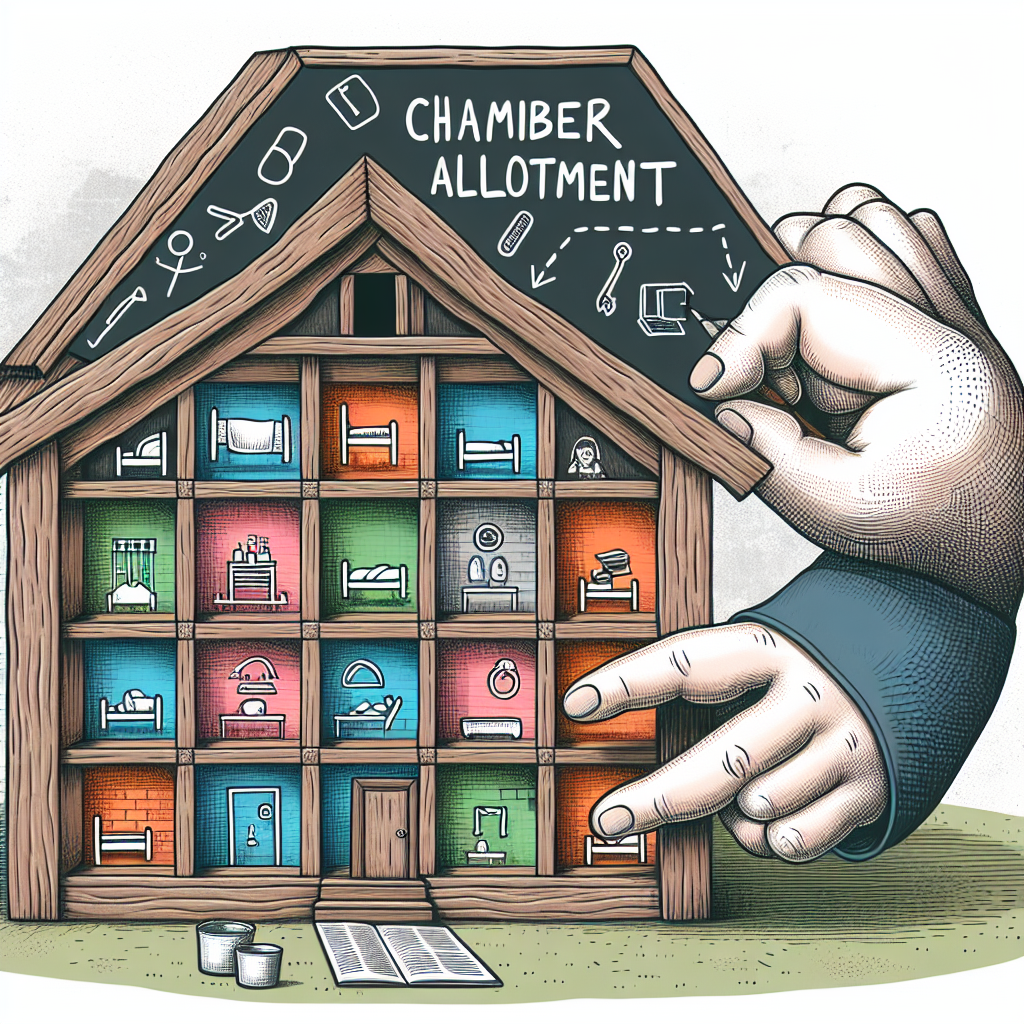Gender Equality in Courts: Merit Over Reservation
The Supreme Court noted the increasing number of women in judicial services entering on merit, not reservation. A plea sought a gender-sensitive policy for chamber allocation. The court questioned such privileges for women advocates, emphasizing merit-based achievements instead of reservations.

- Country:
- India
The Supreme Court highlighted on Monday that approximately 60 percent of the judicial officers are women who entered the judicial service based on merit rather than through reservations.
A panel comprising Justices Surya Kant and Joymalya Bagchi issued notices to relevant bodies like the Centre and Bar Council of India regarding a plea for a standard and gender-sensitive policy regarding the allocation of professional spaces to women advocates across the nation. Justice Kant remarked against the lobby for reservation, suggesting a cubicle system instead of traditional chambers.
In defending the petition for chamber reservation, advocate Sonia Mathur mentioned the Rohini court's current 10 percent reservation for women, stressing the need for gender consideration in the Bar Association's current policies. The petitioners, seasoned women lawyers, argued against their exclusion from professional spaces despite their long practice.
ALSO READ
-
Supreme Court's Verdict on MGNREGA: A Victory for Bengal
-
Supreme Court Shows Restraint in CJI Shoe-Throwing Incident, Considers Preventive Measures
-
Supreme Court Verdict Shields Bengal's Job Guarantee: A Triumph Over 'Outsider Zamindars'
-
Supreme Court Roundup: Key Decisions from Stray Dogs to Digital Arrests
-
Supreme Court to Address Rising Cybercrime with CBI Probe into 'Digital Arrests'









